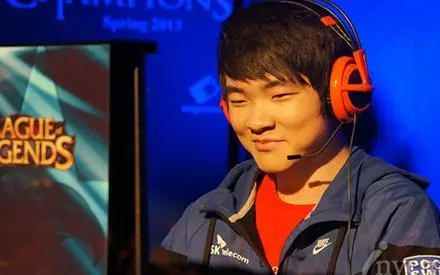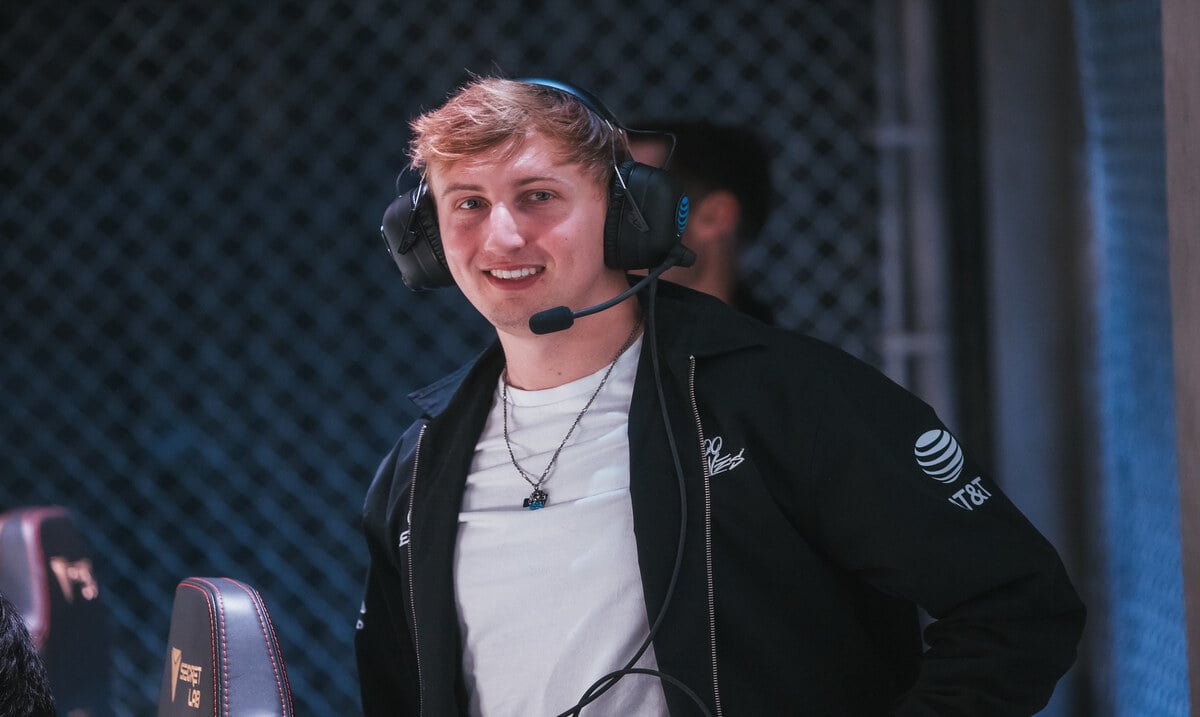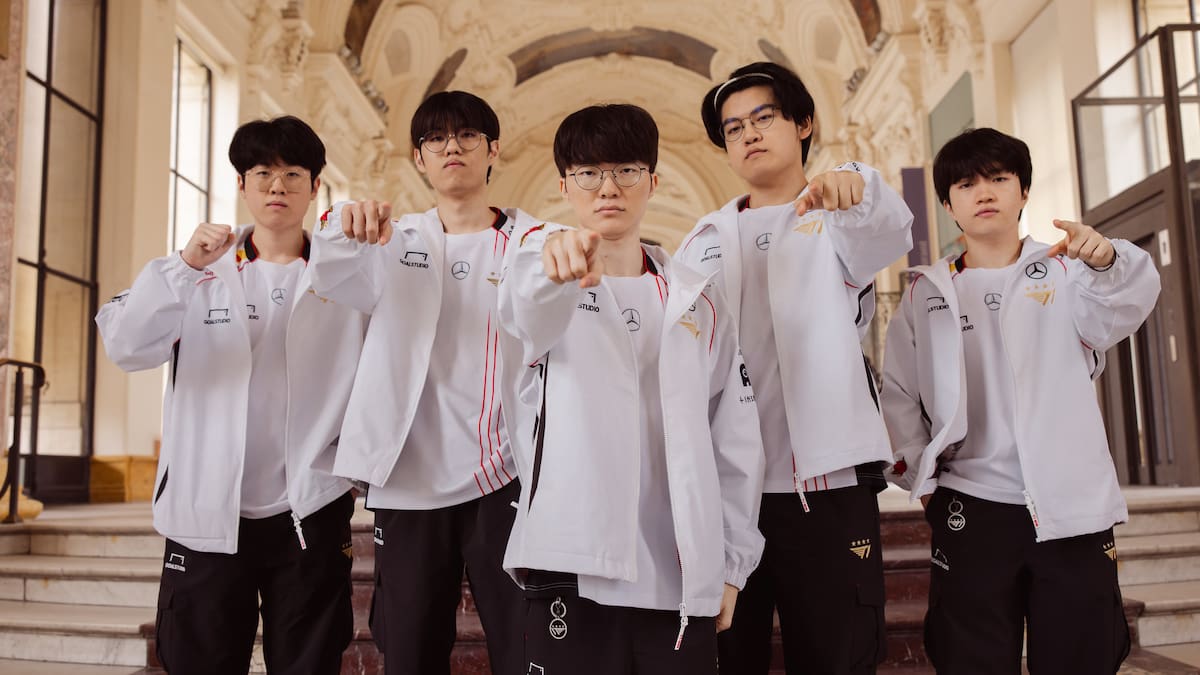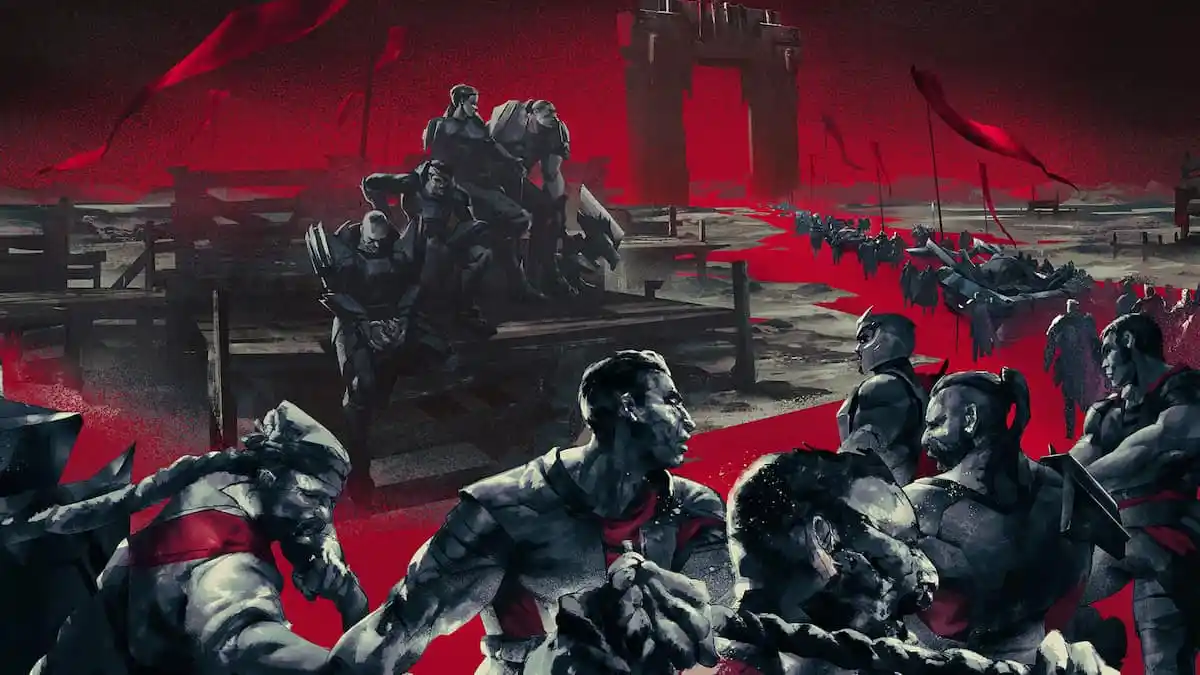One of the primary arguments that the operator of the Spectatefaker stream uses in his defense is that he makes no money off the stream and doesn’t cost faker money since he claims he turns off the stream when faker himself is streaming. I’m unwilling to go into the legitimacy of the former claim, but the latter doesn’t hold water.
The Law of Scarcity is the result of a world of limited resources filled with humans with seemingly unlimited wants/needs. The value/price of a product is determined by its relative scarcity. In this situation, faker streaming is the product. Azubu pays KESPA for Azubu to be the exclusive streaming platform of the LCK. As Faker is arguably the most famous player in the world, his stream has a very high value relative to the streams of other players. Faker’s stream has value because of his skill, and the value of that stream is enhanced by its relative scarcity. Faker doesn’t stream all that often. But Faker does play a lot of Solo Que. Upwards of 10 hours a day. Spectatefaker streams Faker playing Solo Que whenever faker isn’t streaming himself. A figure that likely approaches 30-50 hours a week. This results in a massive devaluation of the product, Faker Streaming, as the previously limited resource is now widely available and easily accessible. Watching a player like Faker stream used to be an event. It’s why Bjergsen’s initial streams on Twitch threatened the 100k mark before settling down in the 25,000-50,000 range depending on competing streamers. So while Spectatefaker doesn’t stream at the same time as Faker, he undoubtedly costs Faker and Azubu money.
The issue has become muddled because of the relative unpopularity of Azubu. If Faker and Spectatefaker both streamed on Twitch, the community’s reaction would likely be far different, and the effect that Spectatefaker has on Faker’s streaming numbers would be more obvious.
One of the primary concerns within the community is that Riot’s response to the situation will be heavy handed, citing their misguided attempt to prevent members of the LCS from streaming other games. While this may be an unpopular opinion, it’s already generous for game developers to allow players to make a profit streaming their copyrighted content. Riot has been clear that they have no plans to revoke the limited license granted to players for this purpose. What they do want to do is protect the players privacy, right to control the dissemination of their own image and content, and ability to monetize themselves. This is a pretty similar situation to the classic problem that celebrities face with paparazzi. To what extent does a person have the right to privacy when operating in a public space? Being too heavy handed in the enforcement of player privacy could result in the ability for any random person playing in a game to prevent the other players in the game from streaming, effectively killing the entire streaming industry. Thus, whatever change to the TOS that Riot chooses to make must be carefully worded. Below you’ll find two rule changes to address the situation.
1. A Person may not stream a match unless they are playing in the match or have the permission of the players in the match.
2. Streams for the purpose of casting games are exempt from the above rule, but such streams may not explicitly target a single player, or advertise any connection to a player that is not themselves.
The above pair of rules allows for streamers to continue streaming while protecting players from being unnecessarily targeted or having their names exploited. The second rule introduces flexibility, allowing for sub war streams, amateur casts and other similar content sources to continue. These rules could be open to interpretation, allowing Riot to target streams that attempt to circumvent the rules like if Spectatefaker decided to “coincidentally” spectate players playing with faker. These two rules cover the vast majority of situations, but could be fine tuned over time to fill in any loopholes that may arise, and manage to uphold both the spirit and the letter of the law as applied to Riot’s methodology behind granting this limited license to the players in the first place.






Published: Feb 22, 2015 02:58 pm